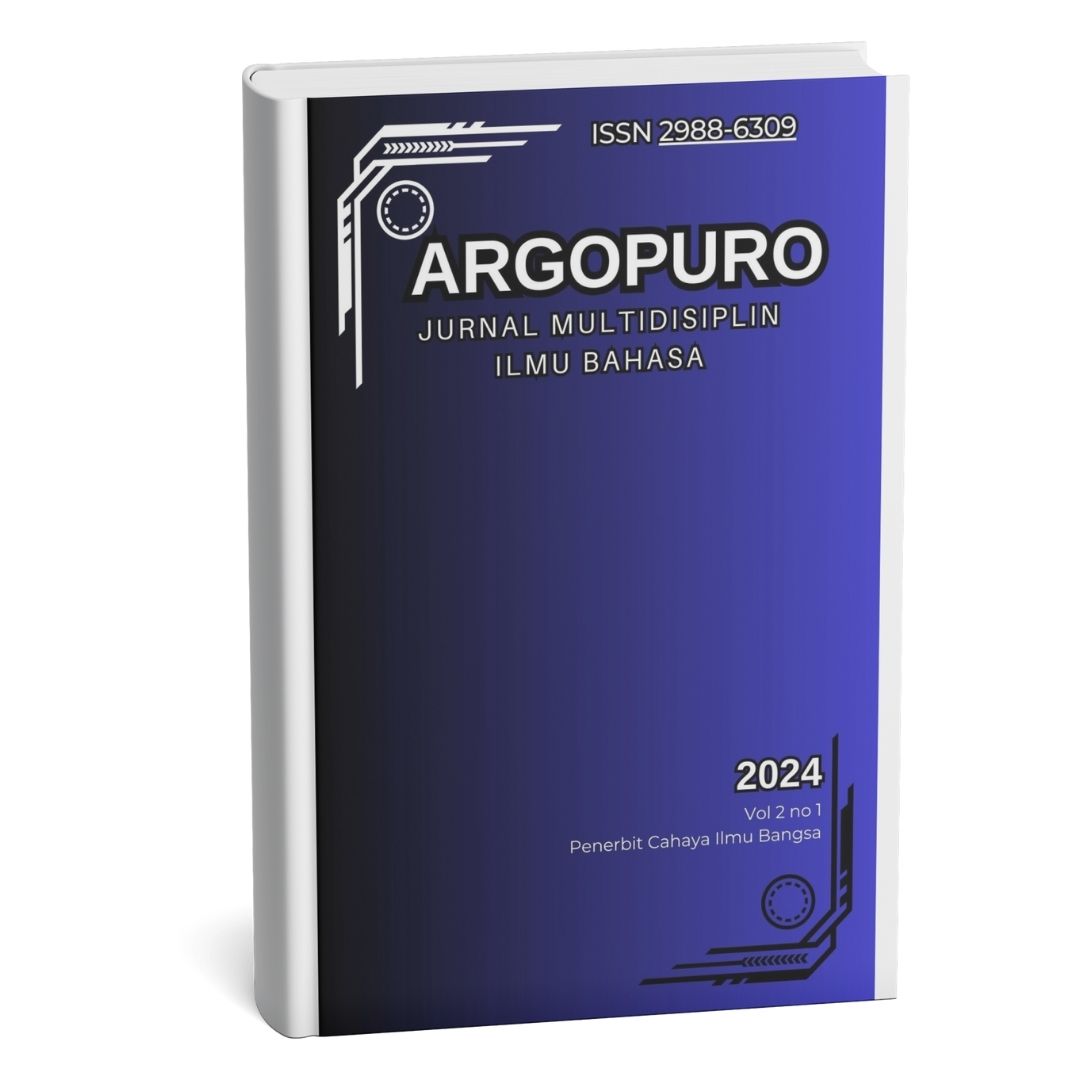IRONY AND POWER IN ORWELL’S ANIMAL FARM AND SWIFT’S SATIRE
Main Article Content
Abstract
Irony and power dynamics lie at the core of literary satire, functioning not merely as stylistic devices but as instruments of ideological exposure. This article offers a comparative rhetorical analysis of two canonical satiric texts: Jonathan Swift’s pamphlet A Modest Proposal (1729) and George Orwell’s allegorical novella Animal Farm (1945). Focusing on the nexus between irony and representations of power, the study investigates how each author exploits rhetorical irony, structural allegory, and narrative voice to reveal the mechanisms of domination—British colonial authority in Swift’s Ireland and Soviet authoritarianism in Orwell’s political fable. Drawing upon classical rhetoric, critical discourse analysis, and narratology, the article argues that irony serves as a conduit for exposing hegemonic discourses and coercive ideologies. The findings emphasize how both authors manipulate linguistic and narrative irony to render systems of power visible, and how historical context mediates the potency of their critique. Ultimately, this paper positions irony not as mere literary ornamentation, but as a politically charged and ethically consequential tool of resistance.
Keywords: Satire, Social Critique, George Orwell, Jonathan Swift, Rhetoric, Animal Farm, A Modest Proposal
